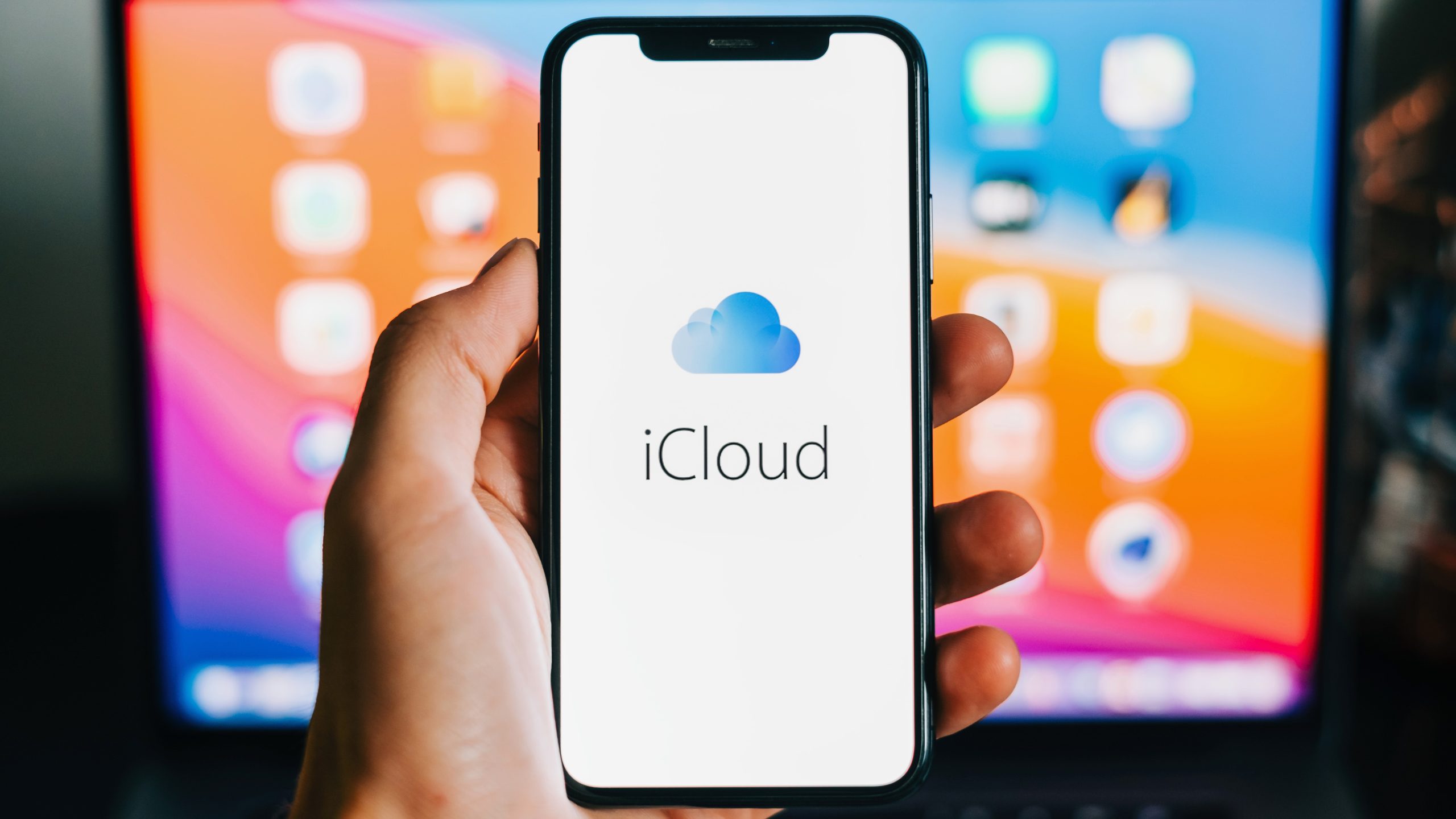
The UK government is once again pushing Apple to give it access to users’ encrypted iCloud data, according to a report from the Financial Times. Apparently, officials recently issued another confidential order to Apple, asking the tech company to create a way for them to unlock cloud backups of British citizens, even if the data is protected by encryption. This move is causing major concern among privacy advocates, who argue that building such a “backdoor” could seriously compromise user privacy, not just in the UK but around the world.
This isn’t the first time the UK has made such a request. Back in January, the Home Office issued a similar legal demand, known as a “technical capability notice,” under the Investigatory Powers Act 2016—a controversial law often referred to as the “Snoopers’ Charter.” That first request targeted Apple’s Advanced Data Protection (ADP), a feature that allows users to turn on end-to-end encryption for their iCloud backups, meaning even Apple can’t access the contents. As a result of the pressure, Apple was forced to prevent new users in the UK from enabling ADP, and there were even steps toward disabling it for those who already had it activated.
Despite the pressure, Apple has consistently held its ground, stating firmly that it has never created a backdoor into its systems and has no intention of doing so in the future. The company even challenged the original order in court, pushing back against the secretive nature of the proceedings. That earlier attempt by the UK government appeared to fall through, especially after involvement from U.S. officials, including then-National Intelligence Director Tulsi Gabbard, who claimed the request had been dropped after discussions with the Trump administration.
This renewed effort suggests the UK government isn’t giving up, but it also raises a critical debate: Should governments be able to force companies to weaken encryption in the name of national security, even if it puts the privacy of millions at risk?






